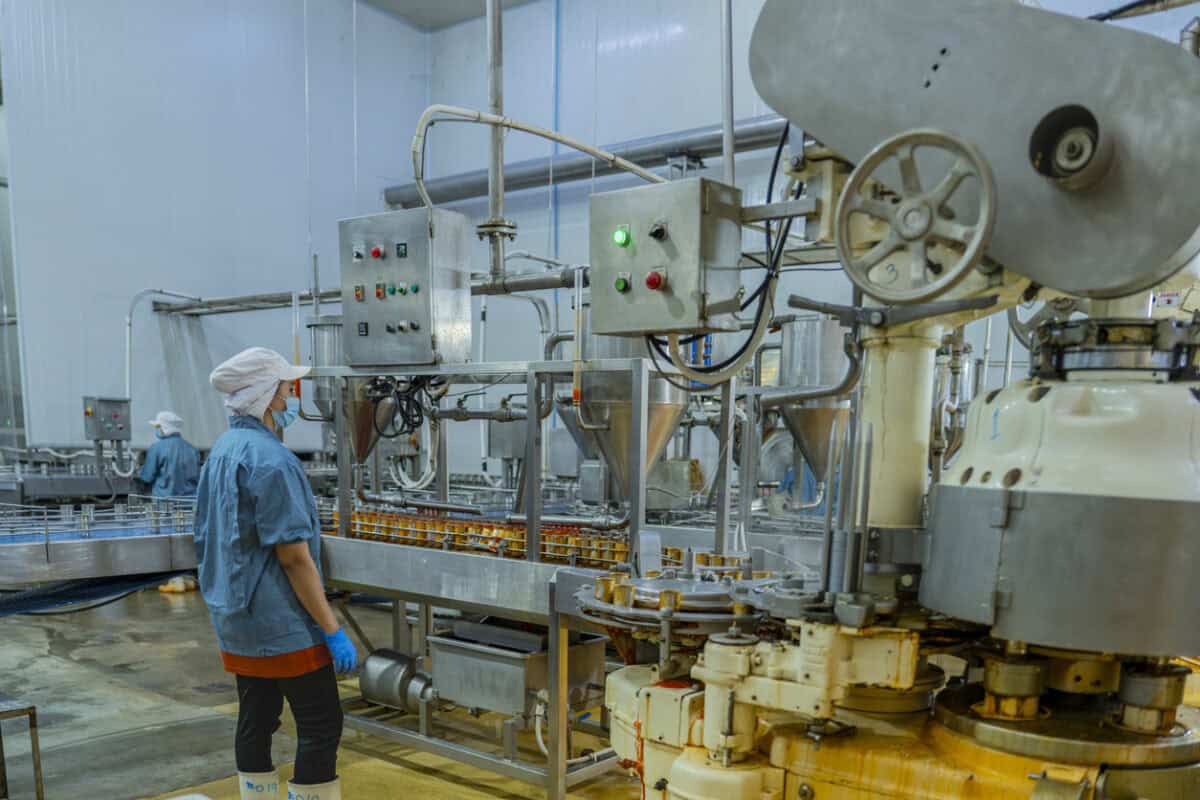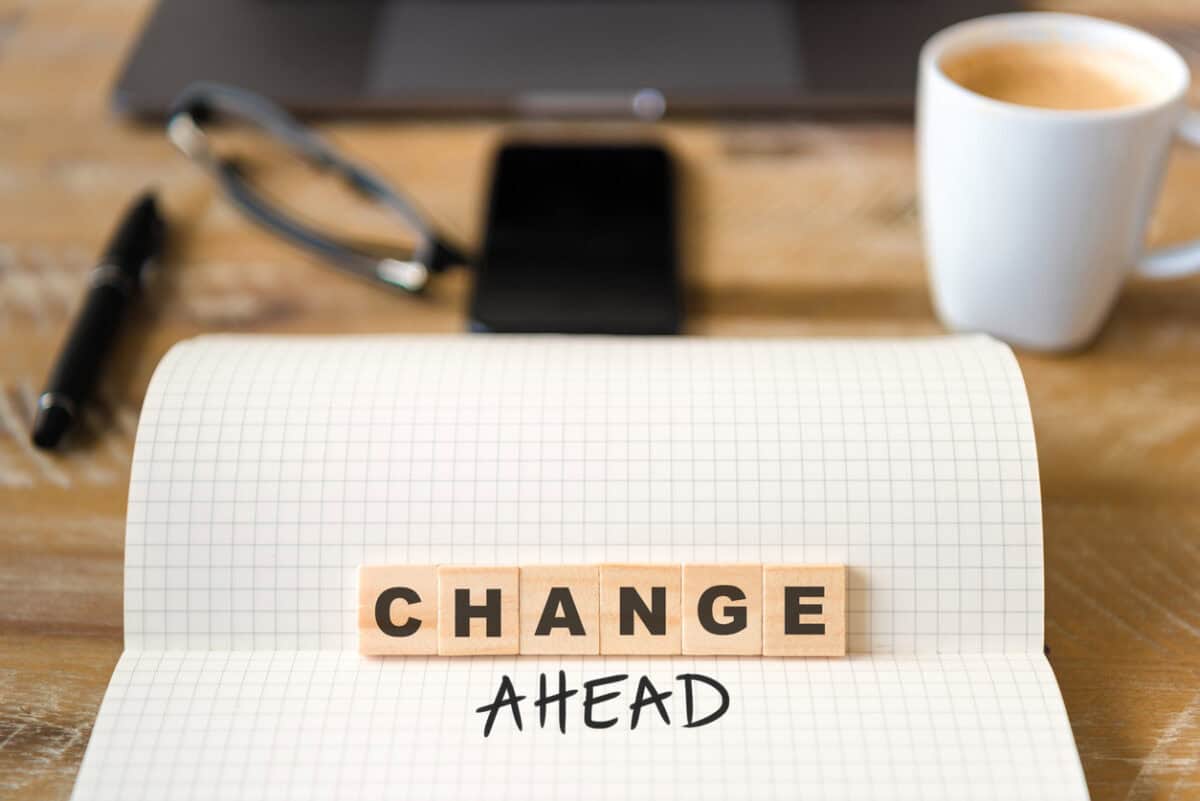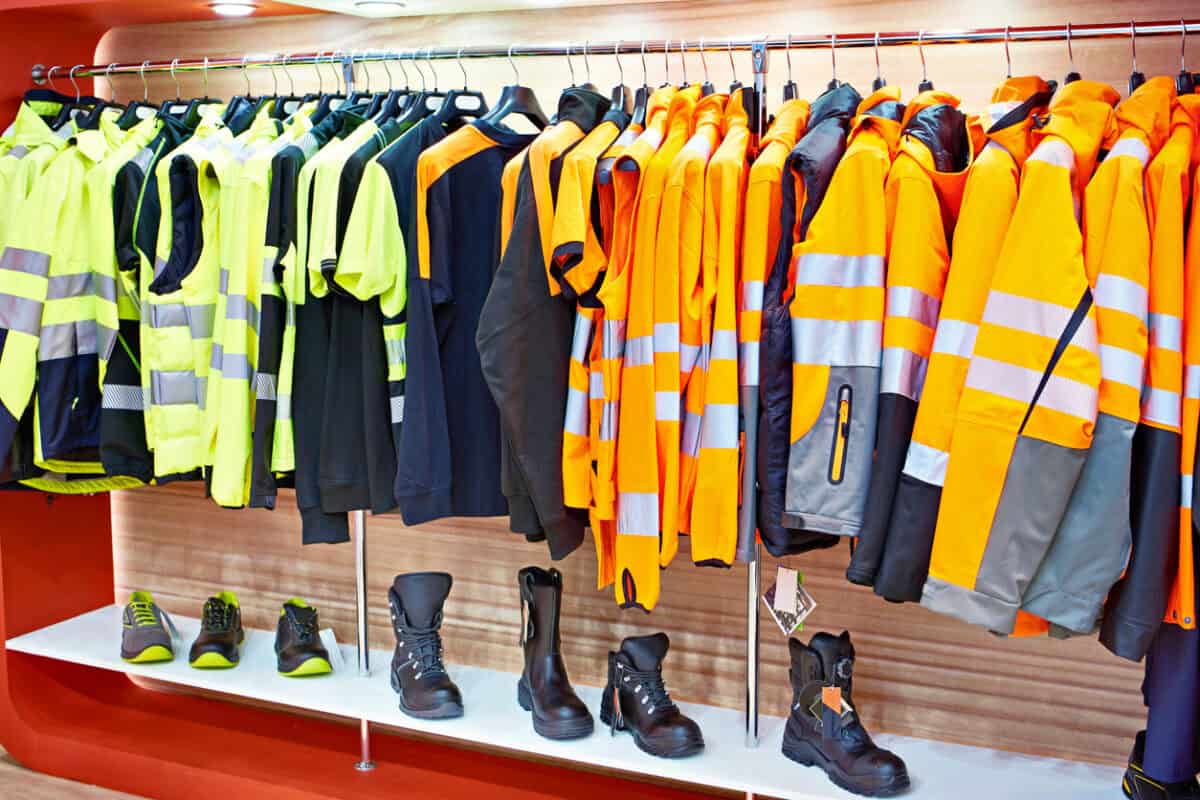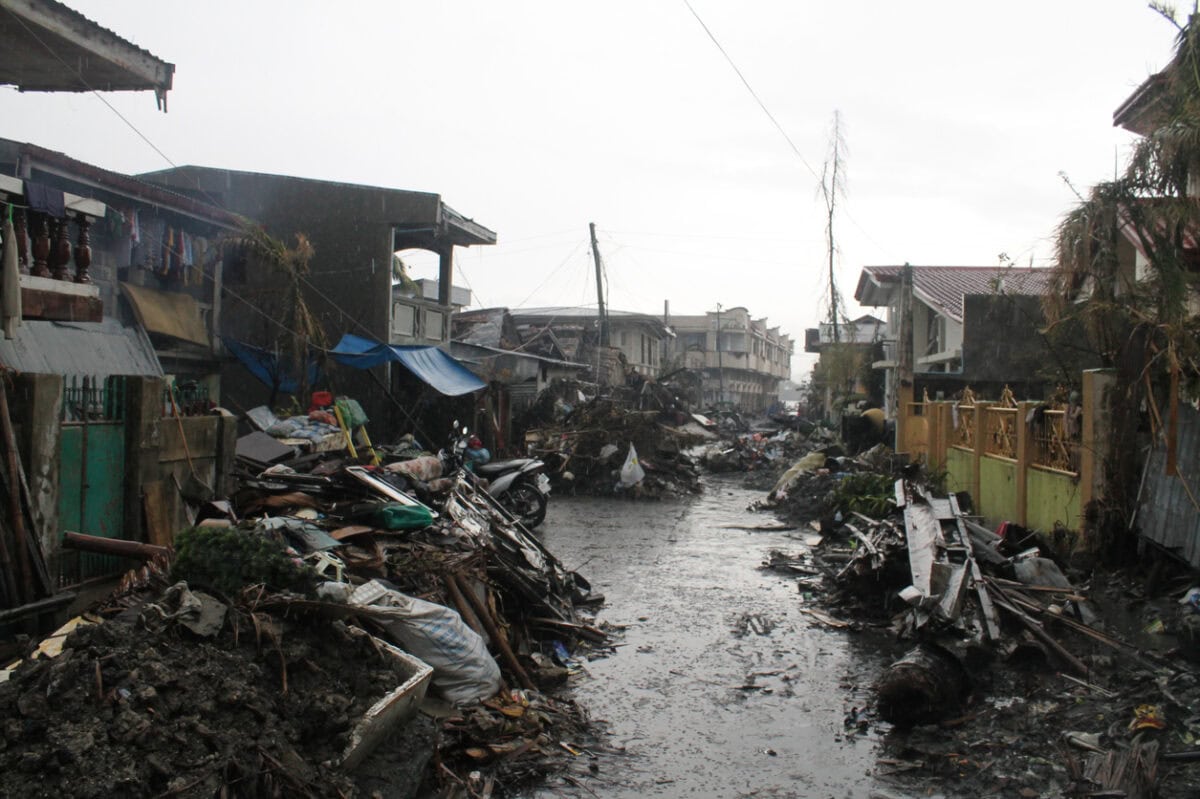Canada’s Institute for Work & Health (IWH) has produced a bold forecast of the future of occupational health and safety (OHS) in its new report, “Work & health 2040: Anticipating changes impacting the futures of occupational health and safety”. The seven trends identified are not greatly surprising. Change is needed to address these trends, but who should, and how to, make the changes is unclear.
Category: stress
Keeping Workers Safe in a “Future Made in Australia” Economy
The Australian Government is committed to increasing the manufacturing sector through its Future Made in Australia strategy and legislation. To participate in the program and receive funds or tax incentives, companies must meet the Community Benefit Principles, including providing safe and healthy workplaces.
Resilience training as a “veneer of care”
Last month, the Sunday Times published an article with a concerning headline: “Resilience training for Gen Z is booming — and that’s no bad thing” (paywalled). Resilience training for psychological safety at work has not been discredited, but there is plenty of evidence showing it is insufficient and inappropriate as a primary strategy for preventing psychological harm. This evidence is being reflected in Australia’s Codes and guidance for managing psychological safety.
Respect as a Social Obligation, Not Just a Workplace Duty
Most of you will have been able to determine some of my values from the thousands of articles I have written here, but sometimes it is worth stopping, reviewing and clarifying. I met a friend in Zurich of a different political leaning from mine last week who, in a simple way, confirmed some of my thoughts.
He said that we need to respect each other. This is not difficult, but it can create enormous conflict and anxiety, especially as we continue to learn how traditional categorisations and approaches are no longer valid and may never have been.
Workplace Suicides Becoming Australia’s Next Regulatory Flashpoint
You should have heard by now that Safe Work Australia (SWA) has come through with guidance on having work-related suicides included in each jurisdiction’s occupational health and safety (OHS) legislation as incidents that will require notification to the local OHS regulator. If you haven’t, get a new OHS or Human Resources (HR) adviser because the future will be a bumpy, uncomfortable and challenging ride.
Warning: this article discusses suicide.
Safety Behaviour – Beyond Compliance in the Modern Workplace
Safety behaviour is often discussed in terms of compliance—whether workers follow procedures, wear protective equipment, or report hazards. Yet, this view only scratches the surface of what safety behaviour truly means in today’s complex organisational environments. At its core, safety behaviour encompasses the observable actions and decisions individuals make that either promote or compromise health and safety. These actions are shaped not just by rules, but by a rich tapestry of social norms, leadership expectations, and the perceived consequences of speaking up or staying silent.
Is the era of resilient people over?
In occupational health and safety (OHS) one hears about resilience usually in terms of psychological health and the ability to cope with stress. Applying a primary focus on resilience to prevent and manage mental health at work has been discredited, but resilience has a broader application and one that echoes the OHS-based concerns.







